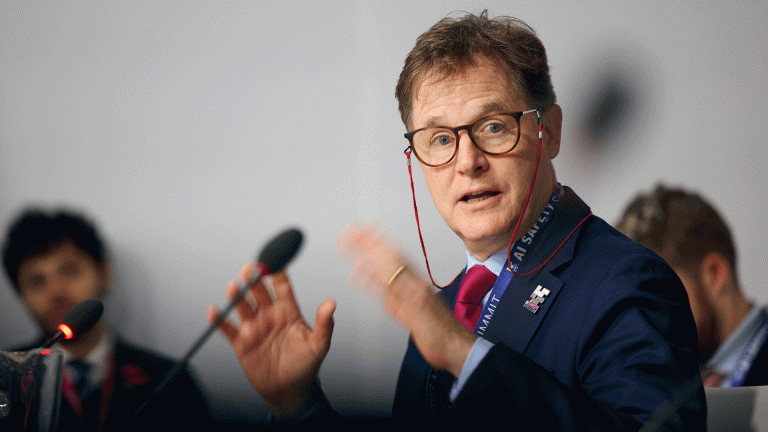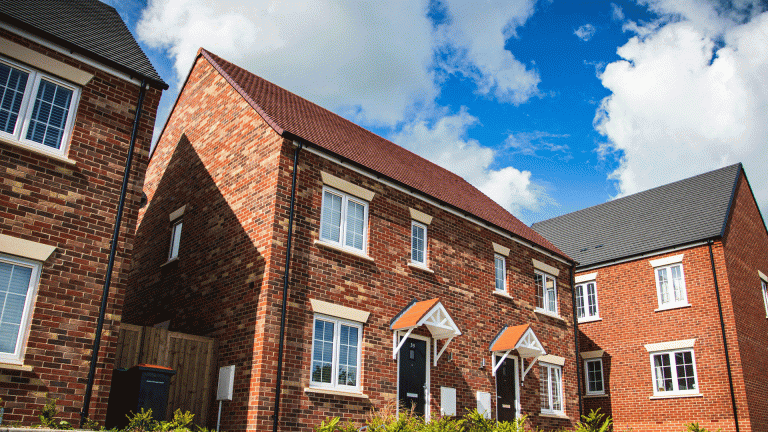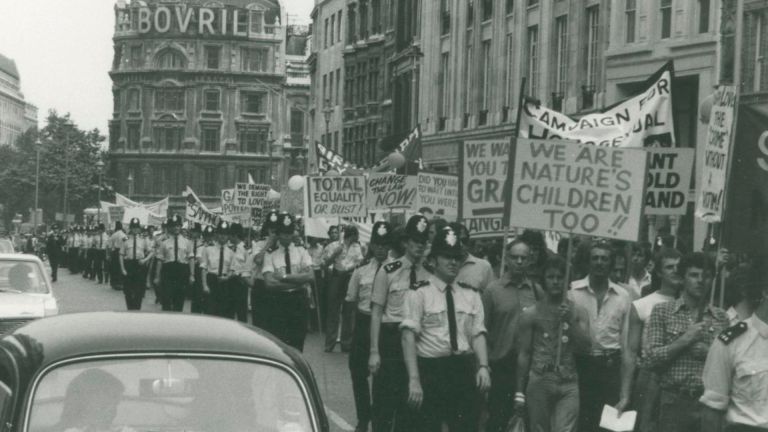When people discover I’m a social worker, I often see that flicker of judgement cross their face – often shaped by the negative narrative seen in TV dramas and film. This unfair narrative doesn’t just hurt us professionally; it creates barriers that make it harder for us to support society’s most vulnerable people – the very individuals who need our help the most.
Recent research commissioned by Social Work England found that 44% of adults surveyed believe social workers are not respected, and the same amount (44%) say they have been part of negative conversations about social workers – which probably won’t come as a surprise to most social workers given the way the profession is often sensationalised on screen.
Some of these negative narratives include that we take children away from their families, make decisions in isolation, only support people in times of crisis and even that it is not a qualified or regulated profession.
As a child, I was brought up in one of the most deprived areas of West Midlands. I was born into a family where poverty was a driver for offending behaviour, mental health was poor, and I was sometimes left in vulnerable situations. I was reported missing on numerous occasions and involved myself with negative peer groups and offending behaviour. Aged 14, I sat in a school office being told I was permanently excluded. At 15, I was placed in the care of my local authority. With no qualifications and criminal offences already marking my record, the path ahead looked bleak. Few people believed in my potential then.
Becoming a mother aged 17 absolutely changed my life.
Today, as head of service for contextual safeguarding at Birmingham Children’s Trust, I carry that experience with me into every interaction. Having grown up in care myself, I intimately understand the difference between feeling processed by a system versus being truly seen and supported. For over 20 years, I’ve strived to be the social worker my younger self desperately needed.






